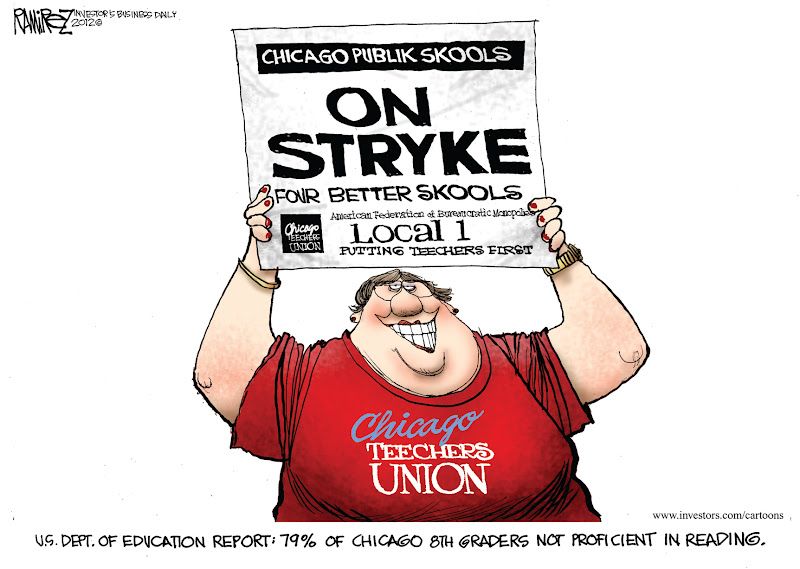Didn’t have to spend the night in Podunk, AZ after all.
So the election was yesterday: We got four more years of the Moving Torb, the Senate still is in the possession of Cthulhu and the house is still on the side of the Stay Puft Marshmallow Man.
We got four more years of the Moving Torb, the Senate still is in the possession of Cthulhu and the house is still on the side of the Stay Puft Marshmallow Man.
Obama has retained himself the captaincy of this ship:

I’m going to do something I don’t do a lot, copy an entire blog post from a different site because it is said so well I want to archive the whole thing. Via ZeroHedge:
I apologize for what you’re about to read
Simon Black on November 6, 2012
Dallas, Texas.It’s really hard to ignore what’s happening today; the election phenomenon is global.
Over the last several weeks, I’ve traveled to so many countries, and EVERYWHERE it seems, the US presidential election is big news. Even when I was in Myanmar ten days ago, local pundits were engaged in the Obamney debate. Chile. Spain. Germany. Finland. Hong Kong. Thailand. Singapore. It was inescapable.
The entire world seems fixated on this belief that it actually matters who becomes the President of the United States anymore… or that one of these two guys is going to ‘fix’ things.
Fact is, it doesn’t matter. Not one bit. And I’ll show you mathematically:
1) When the US federal government spends money, expenses are officially categorized in three different ways.
Discretionary spending includes nearly everything we think of related to government– the US military, Air Force One, the Department of Homeland Security, TSA agents who sexually assault passengers, etc.
Mandatory spending includes entitlements like Medicare, Social Security, VA benefits, etc. which are REQUIRED by law to be paid.
The final category is interest on the debt. It is non-negotiable.
Mandatory spending and debt interest go out the door automatically. It’s like having your mortgage payment autodrafted from your bank account– Congress doesn’t even see the money, it’s automatically deducted.
2) With the rise of baby boomer entitlements and steady increase in overall debt levels, mandatory spending and interest payments have exploded in recent years. In fact, the Congressional Budget Office predicted in 2010 that the US government’s TOTAL revenue would be exceeded by mandatory spending and interest expense within 15-years.
That’s a scary thought. Except it happened the very next year.
3) In Fiscal Year 2011, the federal government collected $2.303 trillion in tax revenue. Interest on the debt that year totaled $454.4 billion, and mandatory spending totaled $2,025 billion. In sum, mandatory spending plus debt interest totaled $2.479 trillion… exceeding total revenue by $176.4 billion.
For Fiscal Year 2012 which just ended 37 days ago, that shortfall increased 43% to $251.8 billion.
In other words, they could cut the entirety of the Federal Government’s discretionary budget– no more military, SEC, FBI, EPA, TSA, DHS, IRS, etc.– and they would still be in the hole by a quarter of a trillion dollars.
4) Raising taxes won’t help. Since the end of World War II, tax receipts in the US have averaged 17.7% of GDP in a very tight range. The low has been 14.4% of GDP, and the high has been 20.6% of GDP.
During that period, however, tax rates have been all over the board. Individual rates have ranged from 10% to 91%. Corporate rates from 15% to 53%. Gift taxes, estate taxes, etc. have all varied. And yet, total tax revenue has stayed nearly constant at 17.7% of GDP.
It doesn’t matter how much they increase tax rates– they won’t collect any more money.
5) GDP growth prospects are tepid at best. Facing so many headwinds like quickening inflation, an enormous debt load, and debilitating regulatory burdens, the US economy is barely keeping pace with population growth.
6) The only thing registering any meaningful growth in the US is the national debt. It took over 200 years for the US government to accumulate its first trillion dollars in debt. It took just 286 days to accumulate the most recent trillion (from $15 trillion to $16 trillion).
Last month alone, the first full month of Fiscal Year 2013, the US government accumulated nearly $200 billion in new debt– 20% of the way to a fresh trillion in just 31 days.
7) Not to mention, the numbers will only continue to get worse. 10,000 people each day begin receiving mandatory entitlements. Fewer people remain behind to pay into the system. The debt keeps rising, and interest payments will continue rising.
8) Curiously, a series of polls taken by ABC News/Washington Post and NBC News/Wall Street Journal show that while 80% of Americans are concerned about the debt, roughly the same amount (78%) oppose cutbacks to mandatory entitlements like Medicare.
9) Bottom line, the US government is legally bound to spend more money on mandatory entitlements and interest than it can raise in tax revenue. It won’t make a difference how high they raise taxes, or even if they cut everything else that remains in government as we know it.
This is not a political problem, it’s a mathematical one. Facts are facts, no matter how uncomfortable they may be. Today’s election is merely a choice of who is going to captain the sinking Titanic.
Obama owns it now. There was the slight possibility that Romney/Ryan might do something to slow the inevitable, but as commenter Sarah said a few days ago:
Obama: Taking us over a cliff at 100 mph.
Romney: Taking us over a cliff at 80 mph.
Pretty much.
Still, I cannot blame him. Of the portion of the public willing to get up off their asses and vote, something less than 60% of those eligible, just over half voted for more “free stuff.” Obama is a symptom of the underlying problem, not its source. A hundred years of “progressive” public education has given us a largely apathetic population approximately half of which is unable to reason or to do simple math, and a media that unable (even worse, unwilling) to do simple journalism. The Church has anointed its Pope and retained him, despite the best efforts of the Protestants to unseat him.
On the way up to the job site this morning at 0600, I was listening to a local call-in talk show where they were discussing the election. A gentleman called in and said (I’m paraphrasing, but not much): “I turn 80 this year. The country I grew up in no longer exists.”
I am reminded once again of what the Reverend Donald Sensing said in December of 2003, before G.W. Bush really started running for his second term in 2004:
I predict that the Bush administration will be seen by freedom-wishing Americans a generation or two hence as the hinge on the cell door locking up our freedom. When my children are my age, they will not be free in any recognizably traditional American meaning of the word. I’d tell them to emigrate, but there’s nowhere left to go. I am left with nauseating near-conviction that I am a member of the last generation in the history of the world that is minimally truly free.
When I asked him in 2008 if his opinion had changed, he replied:
Yes, most definitely it has. The demise of freedom in this country has accelerated even faster than I imagined back in 2003.
I submit that, if the Bush Administration is seen as the cell door hinge, the Obama Administration will be seen as the lock plate and deadbolt.
For that which we are about to receive, may we be truly thankful. We’ve earned it.
Welcome to the United States of Greece. The Austerity Riots should be spectacular.
Edited to add this, from Unix-Jedi, since Obama is “more flexible” now that the election is over:
I never said there was no difference between Romney and Obama, just that neither was going to solve the looming budget crisis.



